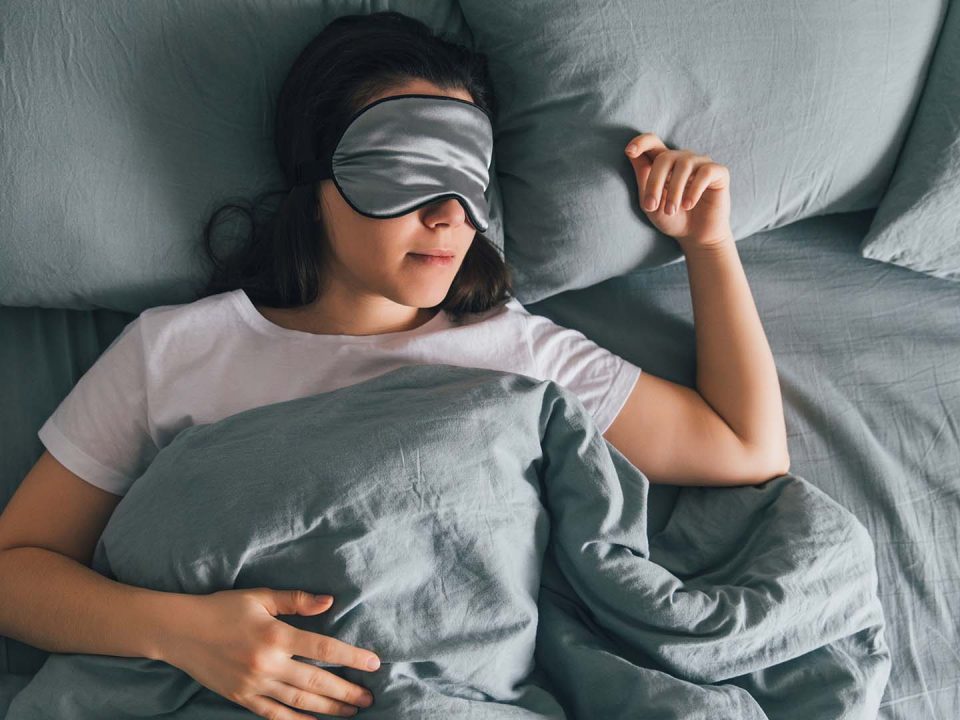Table of contents
- What is the prevalence of sleep problems among individuals with poor sleep hygiene practices?
- How many adults report sleeping less than the recommended seven hours per night, and what are the consequences?
- What percentage of adults experience daytime sleepiness due to poor sleep hygiene, and how does it affect their daily lives?
- How does poor sleep hygiene impact mental health, particularly in terms of depression and anxiety?
- What are the economic and workplace impacts of insufficient sleep due to poor sleep hygiene practices?
Sleep hygiene refers to the habits and practices that are essential for getting quality sleep and staying healthy. While many focus on diet and exercise, sleep is just as crucial for your overall well-being. Poor sleep hygiene—such as inconsistent sleep schedules or screen time before bed—can lead to insomnia, fatigue, and even affect your mental health. In this blog post, we'll explore the importance of sleep hygiene, how it affects your sleep quality, and the simple changes you can make to improve your rest and recovery. Quality sleep is within your reach with the right habits!
What is the prevalence of sleep problems among individuals with poor sleep hygiene practices?
A study conducted in Tabuk city, Saudi Arabia, found that individuals with poor sleep hygiene practices had a significantly higher rate of sleep problems. Specifically, 76.5% of those with poor sleep hygiene practices experienced sleep problems, compared to 56.1% of those with good sleep hygiene practices.
Source:
NCBI - Sleep Hygiene Practices and Its Impact on Mental Health and Sleep Quality
How many adults report sleeping less than the recommended seven hours per night, and what are the consequences?
More than one-third of adults in the U.S. report sleeping less than the recommended seven hours per night. According to the National Sleep Foundation, more than one-third of adults in the National Sleep Foundation’s 2020 Sleep in America Poll reported not getting the recommended sleep and feeling sleepy during the day at least half the week or more. This insufficient sleep affects their mood, mental sharpness, and productivity, and it also impacts their work performance, ability to exercise, and relationships with friends and family.
The CDC also reports that adults who get less than seven hours of sleep per night are considered to be getting insufficient sleep. In 2022, the percentage of adults not getting enough sleep varied by state, ranging from 30% in Vermont to 46% in Hawaii.
Sources:
Sleep Foundation - 100+ Sleep Statistics
National Sleep Foundation - Sleep by the Numbers
What percentage of adults experience daytime sleepiness due to poor sleep hygiene, and how does it affect their daily lives?
Individuals with poor sleep hygiene practices experience significantly higher rates of daytime sleepiness. The study from Tabuk city found that 22.5% of those with poor sleep hygiene practices reported excessive daytime sleepiness, compared to 11.7% of those with good sleep hygiene practices. Additionally, 5.2% of those with poor hygiene practices reported severe daytime sleepiness, compared to 1.2% of those with good hygiene practices. This excessive daytime sleepiness can significantly impact their daily functioning and productivity.
Sources:
NCBI - Sleep Hygiene Practices and Its Impact on Mental Health and Sleep Quality
HelpGuide.org - Sleep Facts and Statistics
How does poor sleep hygiene impact mental health, particularly in terms of depression and anxiety?
Poor sleep hygiene practices are significantly associated with higher rates of depression and can contribute to other mental health issues. The study from Tabuk city found that 75.8% of participants with poor sleep hygiene practices had depression, compared to 59.6% of those with good sleep hygiene practices. This indicates a strong link between poor sleep hygiene and increased rates of depression.
Sources:
NCBI - Sleep Hygiene Practices and Its Impact on Mental Health and Sleep Quality
HelpGuide.org - Sleep Facts and Statistics
What are the economic and workplace impacts of insufficient sleep due to poor sleep hygiene practices?
Insufficient sleep due to poor sleep hygiene practices has significant economic and workplace impacts. While the specific sources provided do not detail the exact economic figures, it is well-documented that insufficient sleep can lead to reduced productivity, increased absenteeism, and decreased work performance. For example, a broader context from other studies suggests that insufficient sleep can result in an estimated economic impact of hundreds of billions of dollars annually in the United States, affecting both individual and societal levels.
Additionally, the National Sleep Foundation notes that feeling tired impacts work performance, ability to exercise, and relationships with friends and family, further highlighting the broader societal and economic effects of poor sleep hygiene.
Sources:





